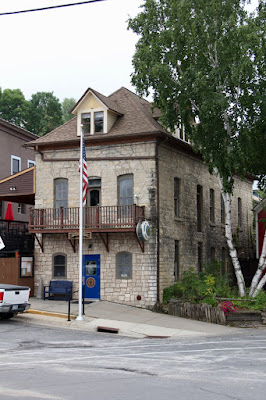 |
| Eastern bluebirds are back!
Photo by J. Harrington
|
May will be the month of leaf out and ephemeral wildflowers. We'll definitely try hard to fit in at least a couple of trout fishing trips. April usually brings us high water, mud and taxes, but also red-winged blackbirds and some bud burst. Eliot may have been more right than he knew with his proclamation that "April is the cruellest month,..."; but it is full of promises. Unfortunately, many of those promises will be kept post April. May spends most of her month honoring April's promises. That leaves us feeling about April that perhaps it's time to remember the saying attributed, maybe incorrectly, to Dr. Seuss:
Don’t cry because it’s over. Smile because it happened.
In April
This I saw on an April day: Warm rain spilt from a sun-lined cloud, A sky-flung wave of gold at evening, And a cock pheasant treading a dusty path Shy and proud. And this I found in an April field: A new white calf in the sun at noon, A flash of blue in a cool moss bank, And tips of tulips promising flowers To a blue-winged loon. And this I tried to understand As I scrubbed the rust from my brightening plow: The movement of seed in furrowed earth, And a blackbird whistling sweet and clear From a green-sprayed bough.
********************************************
Thanks for visiting. Come again when you can.
Please be kind to each other while you can.





















